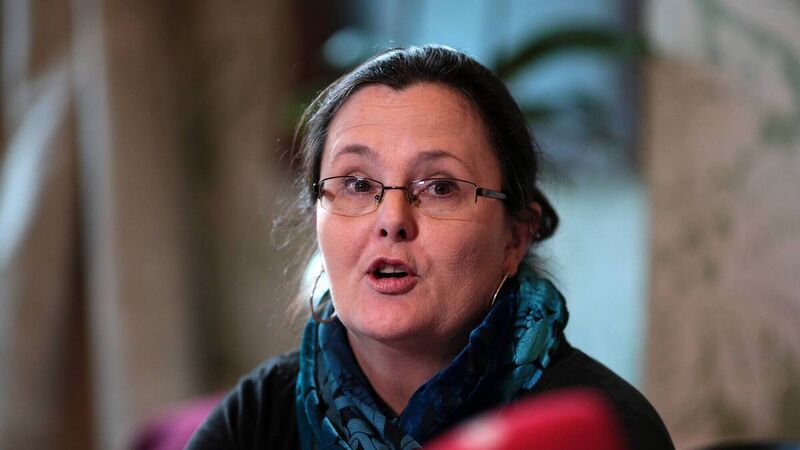Mother and baby home survivors demand vaccine trial records

Mari Steed: 'The State has a duty of care to inform its citizens of information it may hold with regard to our medical health, full stop.' Picture: Arthur Carron/Collins
The Department of Children is not proactively informing hundreds of mother and baby home survivors that they were part of controversial vaccine trials as children – despite being required to under EU law.
The final report of the Mother and Baby Homes Commission identified seven vaccine trials carried out in six of the institutions the commission investigated.










